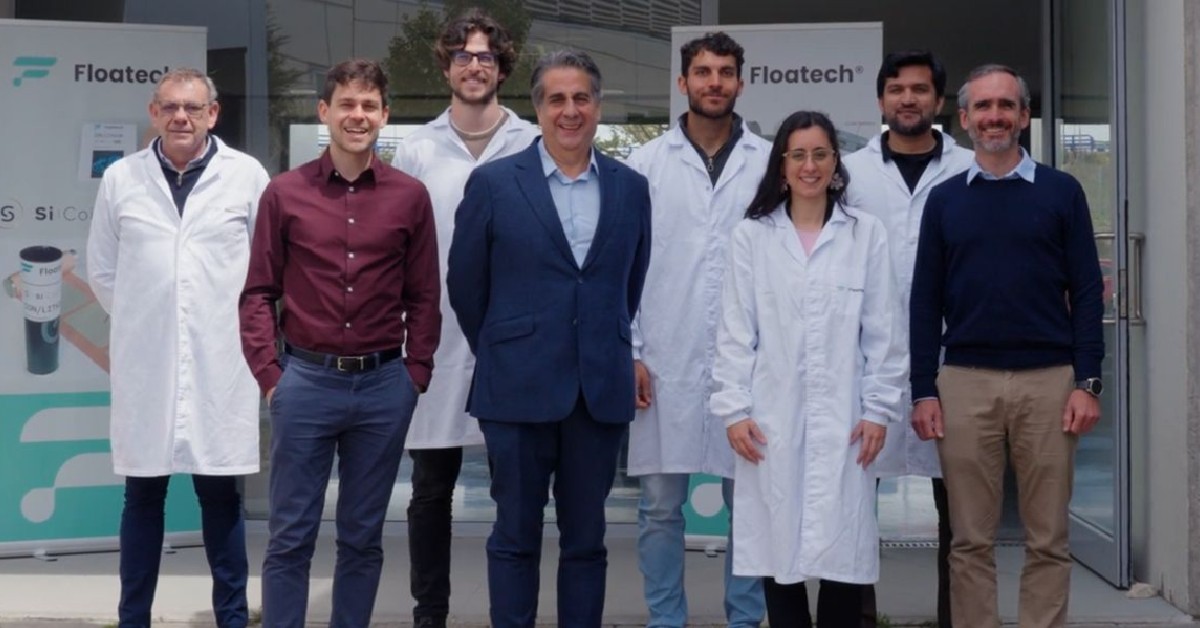While AI has entered everyday vocabulary, its actual implementation across European SMEs tells a more complicated story. Buzzwords abound, but for small and mid-sized businesses, launching successful AI projects is still far from a plug-and-play experience.
From e-commerce retailers to insurance brokers, real-world case studies reveal a consistent pattern: SMEs are eager to leverage AI, but often lack the necessary framework to execute it effectively. As Max Golikov, Chief Business Development Officer at Sigli and host of Innovantage, puts it: “AI doesn’t fail because of the tech. It fails because there’s no business case, no clean data, or no one truly accountable for results.”
The Real Barriers to SME AI Success
Through their work supporting AI implementation across the UK, Benelux, and DACH regions, Sigli has compiled a decision framework known as the AI Profit Toolkit. It’s designed to help mid-market companies systematically assess where and how AI can deliver value quickly—and avoid the common pitfalls that can undermine ROI.
What holds most SMEs back isn’t ambition—it’s operational friction. Based on industry benchmarks and dozens of European case studies, the most frequent blockers include:
- Fragmented, poor-quality data that delays even basic experiments
- Lack of business-aligned KPIs—if no metric moves, no one notices
- Tech overkill: implementing a bleeding-edge model when a rules engine would work
- Sponsor vacuum: no decision-maker tied to the success of the AI project
- Measurement gaps: no before-vs-after metrics, just vague goals like “improve experience”
These factors make AI seem slow, expensive, and risky—even when it’s not.
Case Studies: What Worked, and Why
One UK e-commerce retailer used a large language model (LLM) to automate refund triage. With 95,000 labelled Zendesk tickets, the project went live in 12 weeks, reducing refund delays by 71% and improving Trustpilot ratings, which equated to an estimated £ 420,000 in repeat revenue.
In another case, a Dutch EdTech platform reduced customer response times by 84% with the help of an AI tutor assistant. Why did it succeed? The pilot had a clear KPI (CSAT), daily tracking already in place, and a budget-holding sponsor who also owned learner retention targets.
Across industries—retail, SaaS, education, insurance—the story was the same: good data, clear KPIs, and a sponsor who “loses sleep over the metric” are more predictive of success than the model choice.
The AI Value Matrix: A Reality Check for SMEs
To avoid hype-driven dead ends, Sigli developed the AI Value Matrix, which scores AI initiatives based on six categories: data quality, tech complexity, internal skills, business alignment, executive sponsorship, and measurable KPIs.
Only use cases that score high across both technical feasibility and business value receive a green light.
This approach is working. One insurance broker reduced claim-cycle times by 29%, saving an estimated €61K annually. A chemicals manufacturer optimised production yield and saw projected annual savings of over $11 million, with a payback period of just 7 weeks.
These aren’t unicorn-level moonshots. They’re calculated, incremental AI wins based on disciplined execution.
A Call for Pragmatism Over Experimentation
For SMEs, the key isn’t to out-innovate Silicon Valley—it’s to adopt AI in ways that move P&L metrics, not just PowerPoint slides.
The Cultural Component
AI adoption is as much a mindset shift as a technical challenge. SMEs often need to foster what Max calls an “AI-first lens”—an internal culture where teams are encouraged to automate, question manual processes, and think in data flows. Leadership buy-in and cross-functional collaboration are essential ingredients.
To explore this further, Max Golikov will host a free webinar on June 4 titled:
“The AI Profit Toolkit: Benchmarks, Playbooks, Quick Wins.”
The session will share a refined framework for AI implementation that helps leaders prioritise, test, and scale without needing a full-time AI team or a million-euro budget.
Register here!
Author
Daria Karasek is a Marketing Manager at Sigli, a digital transformation consultancy helping European businesses unlock the value of AI. She works closely with subject-matter experts to translate complex data strategies into actionable insights. This article is based on material developed with Max Golikov, Sigli’s Chief Business Development Officer and host of the Innovantage podcast, who has led AI implementation projects across the UK, Benelux, and DACH regions.










01
These are the top UK-based PR agencies for startups and scale-ups in 2025